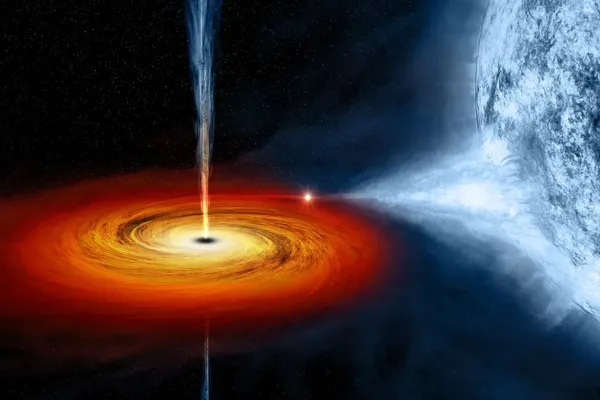
Title: Characterizing Stars and Compact Objects with Binary Systems in the Era of All-Sky Surveys
Speaker: Dominick Rowan (OSU)
Abstract:
Although the Solar System contains only a single star, binary stars are just as common as single stars in the Milky Way. In the era of large, all-sky surveys, the number of binary stars identified and characterized has increased by multiple orders of magnitude. These large datasets not only enhance our understanding of the intrinsic properties of binary stars but also enable us to use them as tools to address fundamental questions about stellar structure and evolution. By analyzing the light curves and spectroscopic orbits of eclipsing binaries, we can measure precise and accurate masses and radii of stars, allowing for direct comparison to predictions from stellar theory. I modeled the light curves of more than 35,000 detached eclipsing binaries detected in the All-Sky Automated Survey for Supernovae (ASAS-SN). I then measured masses and radii for more than 100 stars by combining large photometric and spectroscopic surveys and performed the first dedicated spectroscopic survey of eclipsing red giants in the Milky Way. I also present a distinctly different application of binary stars as a tool to detect and characterize compact objects with photometric variability, radial velocity orbits, and direct imaging. I present examples of these unique compact object binaries and discuss sources of false positives.
